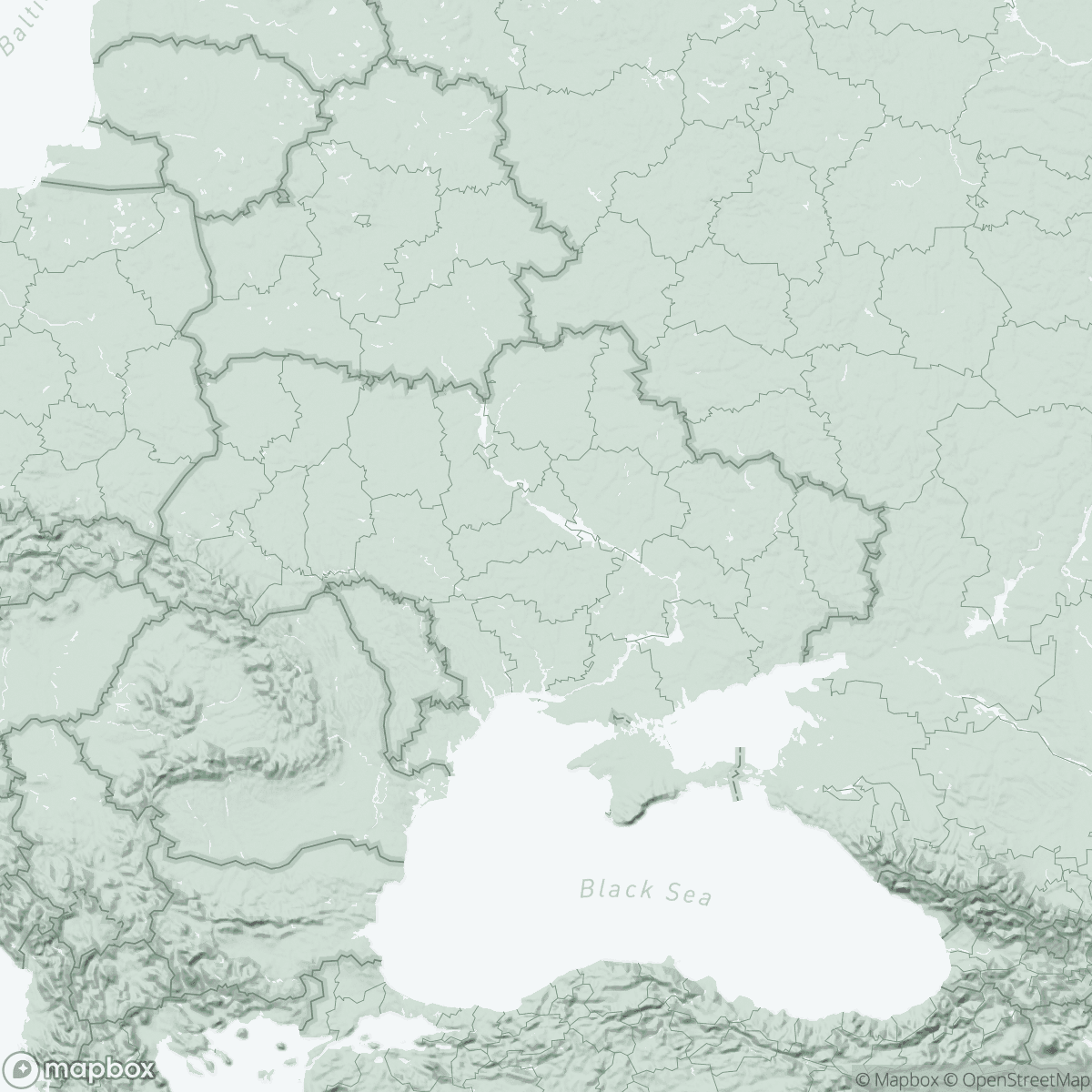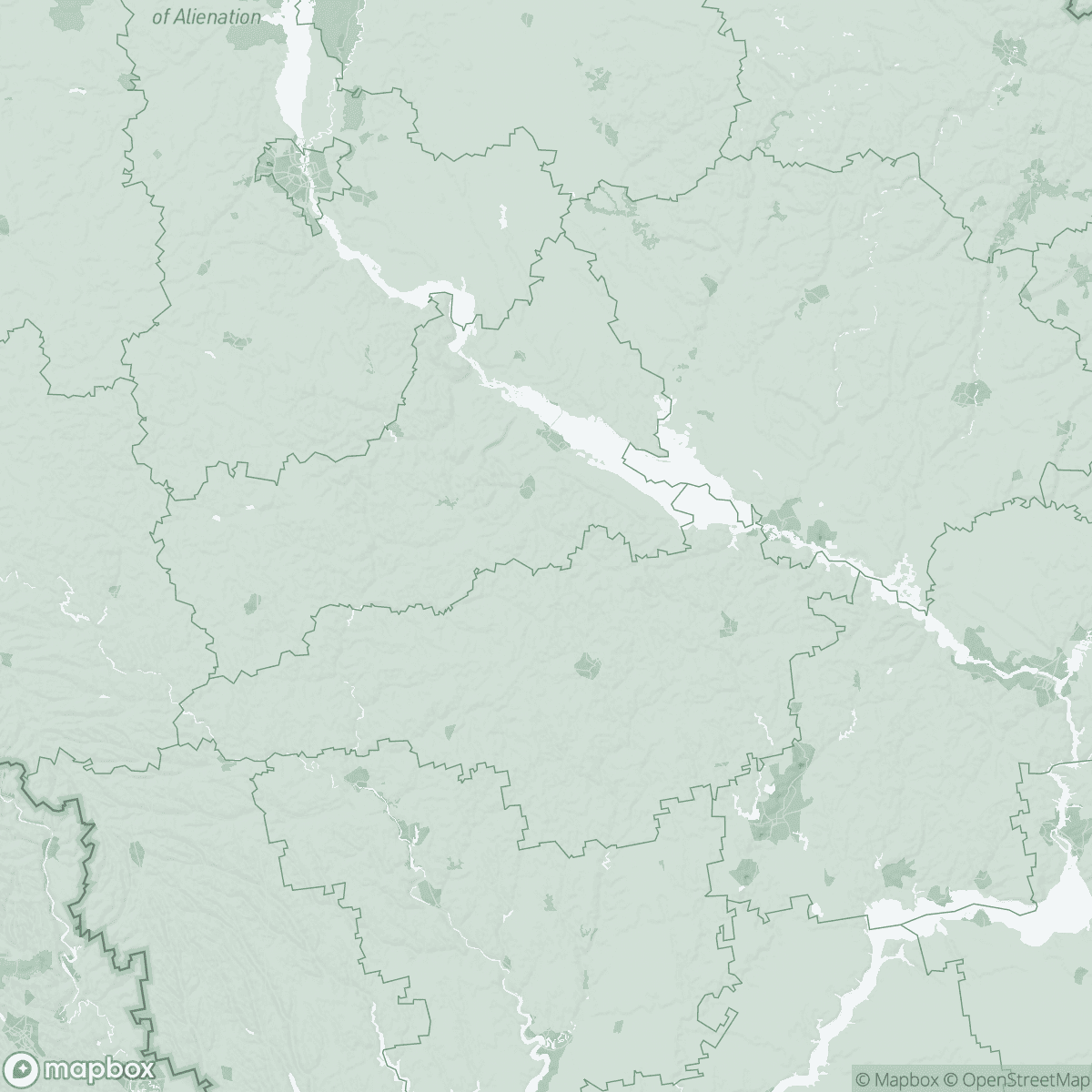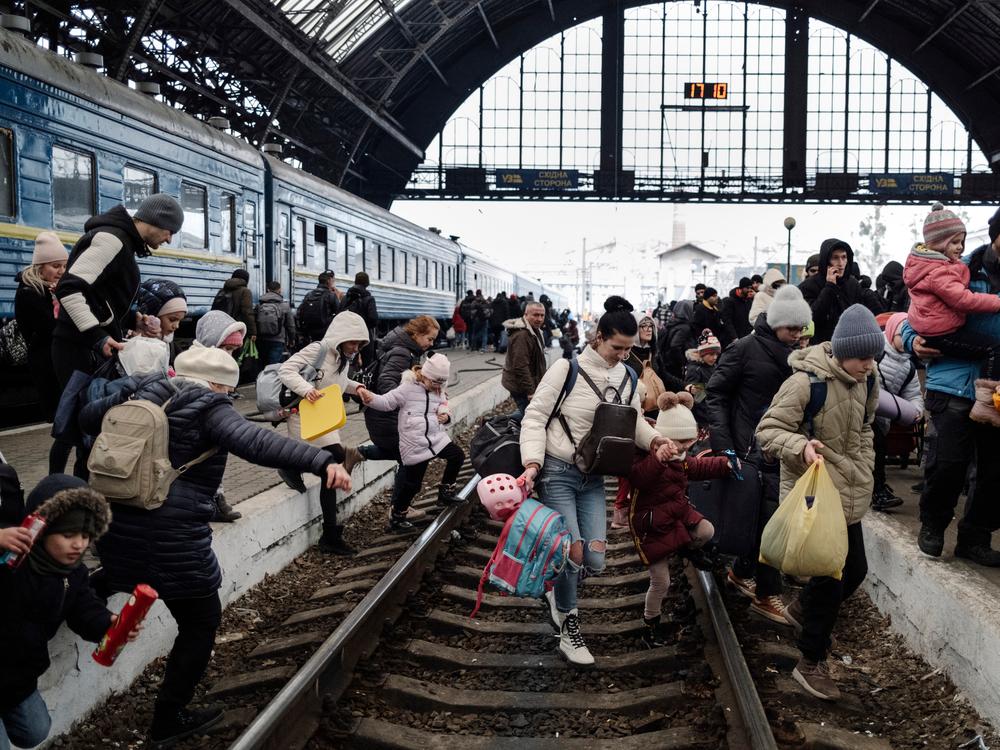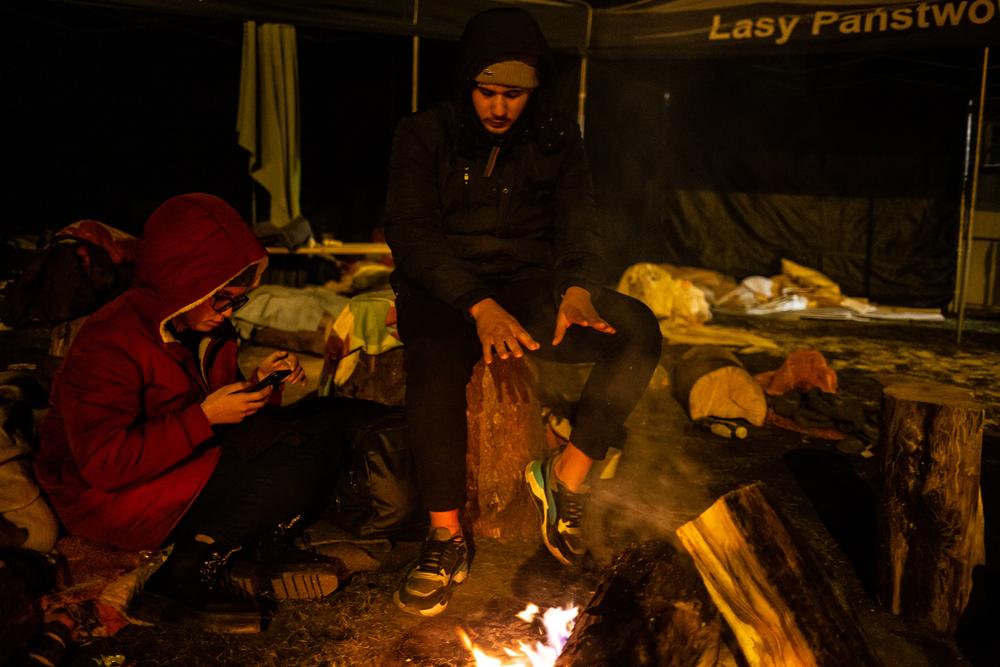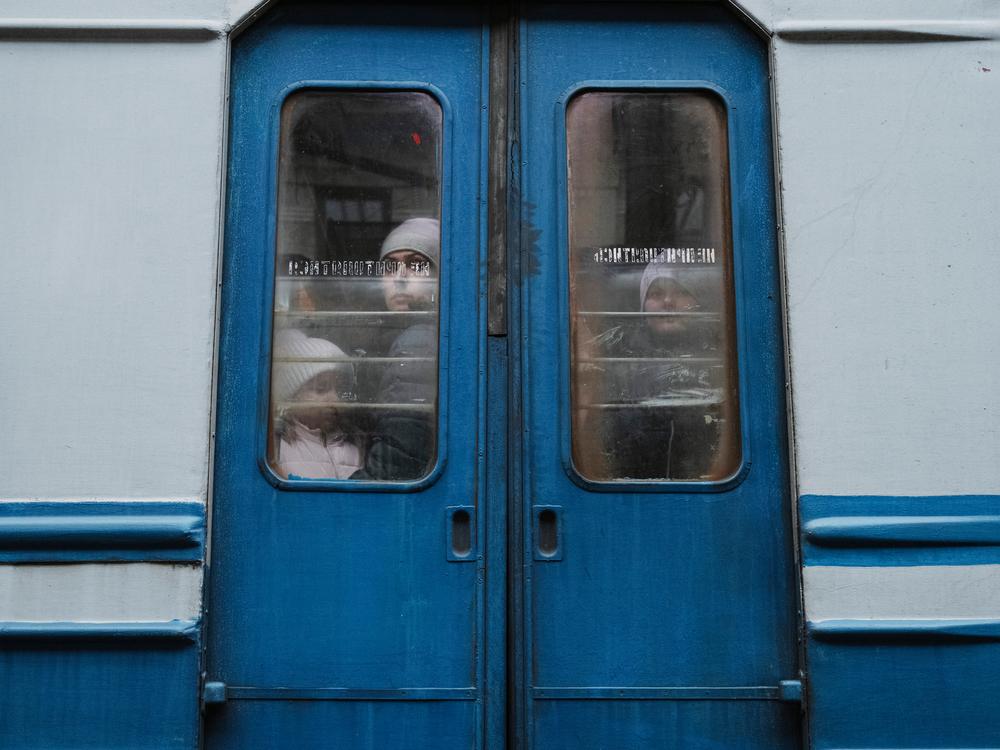
How MSF is trying to access the areas most affected by fighting
In 1 click, help us spread this information :
How is MSF managing to work in Ukraine?
Bérengère Guais: MSF has been present in Ukraine for many years to provide care for populations affected by tuberculosis and HIV. So we already have national and international staff on the ground. Today, in the context of war, we have had to suspend these programmes and to reorient our activities to meet the medical needs generated by a large-scale military offensive. We are switching to an emergency intervention from a routine medical project. We must therefore adapt our human resources and call on emergency specialists to be able to work with the populations affected by the conflict in the worst-hit areas. This is our priority at the moment.
What is your main challenge?
BG: The most important challenge today is the identification of access points to the regions most affected by the fighting. Since Monday 28 February we have had teams in all the neighbouring countries - Poland, Moldova, Romania as well as in Russia and Belarus. Due to the chaotic situation on Ukraine's borders, with hundreds of thousands of people fleeing the fighting, it is difficult to understand which border crossings are the best to enter the country. We are looking to bring in equipment and staff - including surgeons - to back up the staff already on the ground and be operational as quickly as possible.
On the logistical side, how are you managing to get equipment and medicines into the country?
BG: We are currently preparing kits of medical equipment and medicines from our logistical bases, notably in Brussels and Bordeaux, which will transit through neighbouring countries before entering Ukraine. We are also purchasing goods and materials in Poland to make up kits for some local associations that have already informed us of a number of essential inputs that they lack.
To receive orders within Ukraine we are setting up storage space in the west of the country. Depending on developments and opportunities, we will try to set up such warehouses in other areas to expand our supply capacity.
How do you assess the needs on the ground?
The combat zones are moving quickly, changing hourly. It is important for us to have a good understanding of the dynamics of the offensive, to assess the needs, but also not to put our teams at risk.
We have MSF staff in the capital Kyiv and in several key cities such as Zhytomyr, Severodonetsk, as well as a network of medics in hospitals and health centres in multiple locations who are enabling us to start building a picture of the needs. In particular, we are gathering information about the number of people injured, and how, and the capacity for care on the ground in order to build an appropriate medical response.
Are there forward medical posts? How is the referral of injured people carried out? Is it possible for patients to be transferred from one hospital to another? Which hospital structures could we quickly start activities with, especially surgical ones? These are the main questions we are asking ourselves and to which we are trying to get reliable, clear and detailed answers.
What support are you providing for refugees in border areas?
BG: We have already donated essential items to a reception centre in Poland and we are working to scale up our response. We are planning to deploy medical support and increase the distribution of blankets and hygiene kits. But we are already seeing a lot of local and international solidarity with the refugees, meaning their needs are well covered for the moment. Our priority is therefore to take care of the injured in Ukraine.
